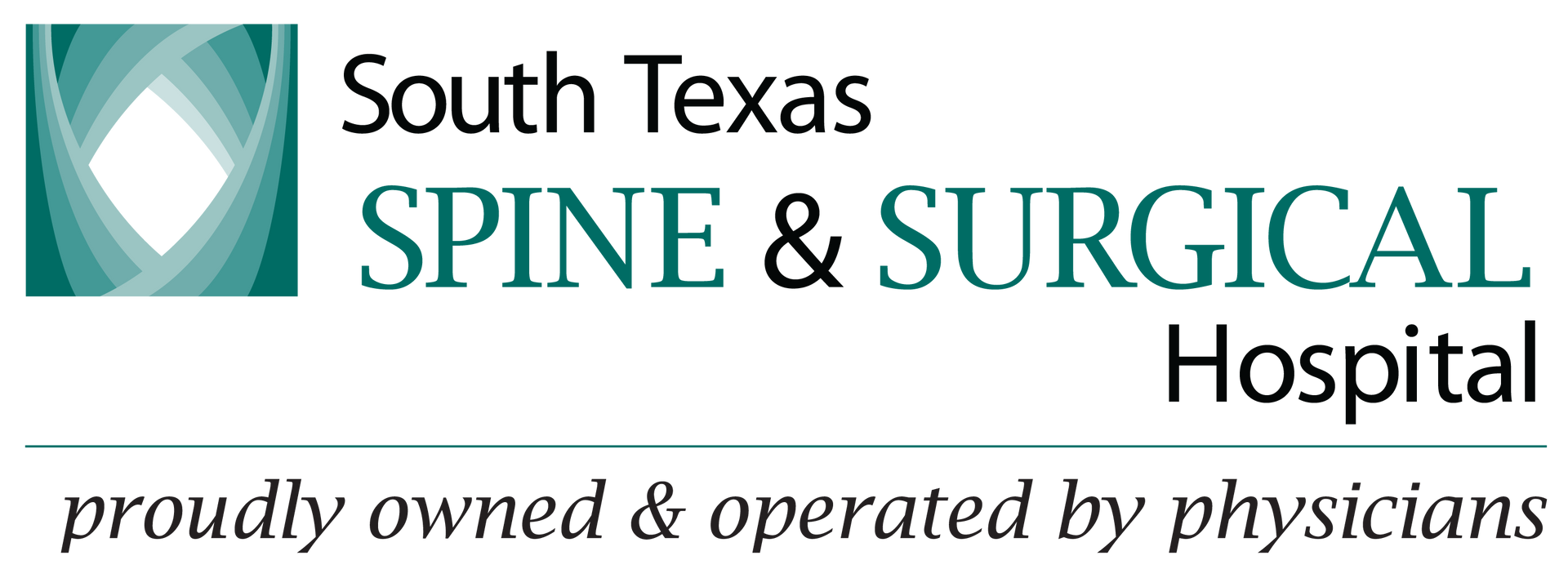Top 5 Post-Surgery Vitamins
Be it a Spine surgery, MITR, ALIF, ACDF, joint or hip replacement, tumor removal, or everything in between, one thing happens when the surgery is finished: the doctor cleans and seals the incisions, and your body’s healing process begins once the incision is created. After the surgery you will want to pay attention not only to proper cleaning and maintenance but also to the top 5 post-surgery vitamins, to help ensure that your incision heals properly.
Having enough of the correct nutrients for healing is essential for a quick recovery after surgery. Healthy adults who eat a well-balanced diet before surgery may not require vitamins afterward unless their doctor advises otherwise. A multivitamin that includes vitamins such as C, E, A, D, and B should provide you with the daily recommended dose of the suggested supplements for recovery after surgery.
Production of collagen from Vitamin C
Collagen deposition at the wound site is required for optimum healing after major surgery. Vitamin C is one of the essential nutrients for healing after surgery since it is crucial for collagen formation and connective tissue repair. Vitamin C is also important for the immune system’s health. Vitamin C has a recommended daily value of 60 mg, which shows the importance of this nutrient to keep our bodies healthy.
Skin healing with Vitamin A
Among the top 5 vitamins for post-surgery, vitamin A aids cell development and differentiation and are also involved in collagen formation. It is necessary for the development of epithelial tissue, which coats the surfaces of organs and blood vessels. Vitamin A has a daily value of 5,000 IU, and supplements usually can supply 50 to 100 percent of that. Vitamin A is a fat-soluble substance, meaning it is stored in the fat cells of the body. Do not take too much Vitamin A as if you eat too much it can cause dizziness, nausea, and headaches.
Vitamin E to combat infection
Despite all of the efforts taken by hospitals and surgeons to provide a clean surgical environment, post-surgical infections can still happen. Vitamin E, a fat-soluble nutrient, is a vital antioxidant that regulates immunological function. Poor immunological responses, recurrent illness, and an increased risk of infection are all signs of vitamin E insufficiency. Vitamin E is also an anti-inflammatory, thus it can assist with post-surgery pain and swelling. Most multivitamin pills provide at least 100% of the Daily Value (DV) or 30 IU.
Vitamin D is essential for proper immune function
Vitamin D is crucial for immune function in addition to its involvement in bone production and maintenance. When the skin is exposed to sunshine, vitamin D is created, and its modulatory characteristics create an impact on both innate and adaptive immunological responses. A lack of vitamin D has also been related to a higher risk of illness showing that it is important to get your daily dose of this vitamin. Adults should consume at least 400 IU of vitamin A every day to avoid deficiency.
Cellular regeneration with the Vitamin B complex
Thiamin, niacin, riboflavin, pantothenic acid, B6, biotin, B12, and folic acid are all B-complex vitamins. These vitamins work together to help with energy production and red blood cell creation, both of which can help with post-surgical recovery. They may each conduct different roles that help with healing and recovery. Vitamin B6, for example, helps the body generate new cells and plays a part in important metabolic events for immunological responses. Because the B vitamins are water-soluble, side effects from excessive consumption are uncommon.
It all boils down to…
The first step toward recovery is to understand how healing works and how the top 5 vitamins for post-surgery play a crucial role in the healing process. Consider consulting an expert at MD Spine Care for additional advice on how best to recover after surgery.





